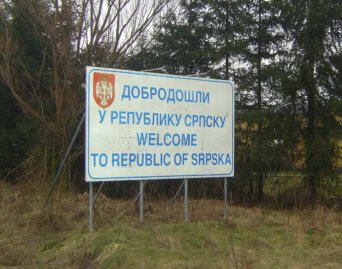- About
- Topics
- Picks
- Audio
- Story
- In-Depth
- Opinion
- News
- Donate
-
Signup for our newsletterOur Editors' Best Picks.Send
Read, Debate: Engage.
| topic: | Good Governance |
|---|---|
| located: | Bosnia and Herzegovina |
| editor: | Katarina Panić |
In Republika Srpska, one of the two Bosnia and Herzegovina's entities, the authorities, in a way, force public sector employees to do something which is supposed to be an act of free will.
Once the pandemic had started, the authorities made a recommendation that all public sector employees should give five per cent of their monthly salaries if they are up to €500, ten per cent of their wages if higher than that amount, and 20 per cent if the wages are higher than €1,000. The money would go to the Solidarity Fund, and it would be spent to help those most affected by the lockdown.
Before the set date of the salary payment, employees were given two statements and asked to sign one of them. The first was about providing a certain amount of their salary to the account of the Solidarity Fund and to indicate an exact percentage, while the second was if they disagreed in doing so. Additionally, one should explain why they disagree.
"I decided to give five per cent since my income is lower than the average salary in Republika Srpska – which was €490 in March. So, I have been expecting a kind of form to fulfil so that our accountant may redirect my money to the Solidarity Fund. Under no circumstances, I expected the second form. I was so angry that I even thought about giving up to show no one can force me to something and then call it voluntary. Instead, I wrote down five per cent, signed and attached this form and emailed it to my employer, asking not to send me another form in the future. I stressed that the form which says one does not give up the salary is completely senseless for the accountant, and any other purpose is rather questionable", a public sector employee told to FairPlanet under the condition of anonymity.
Meanwhile, Transparency International in Bosnia Herzegovina found the Republika Srpska Ministry of Education and Culture had been unlawfully compiling lists of employees who would give up their salaries in favour of the Solidarity Fund. They warned the principle of voluntarism was violated. The Personal Data Protection Agency confirmed that these lists were made with no legal basis and that they could be used as a means of pressure and discrimination against those who had refused to sign it.
Republika Srpska established the Solidarity Fund after catastrophic floods in 2014. It had collected some €100 million before the International Monetary Fund eliminated the solidarity contribution, which was also imposed at that time.
Image by MoserB
